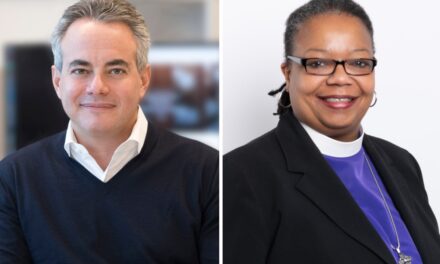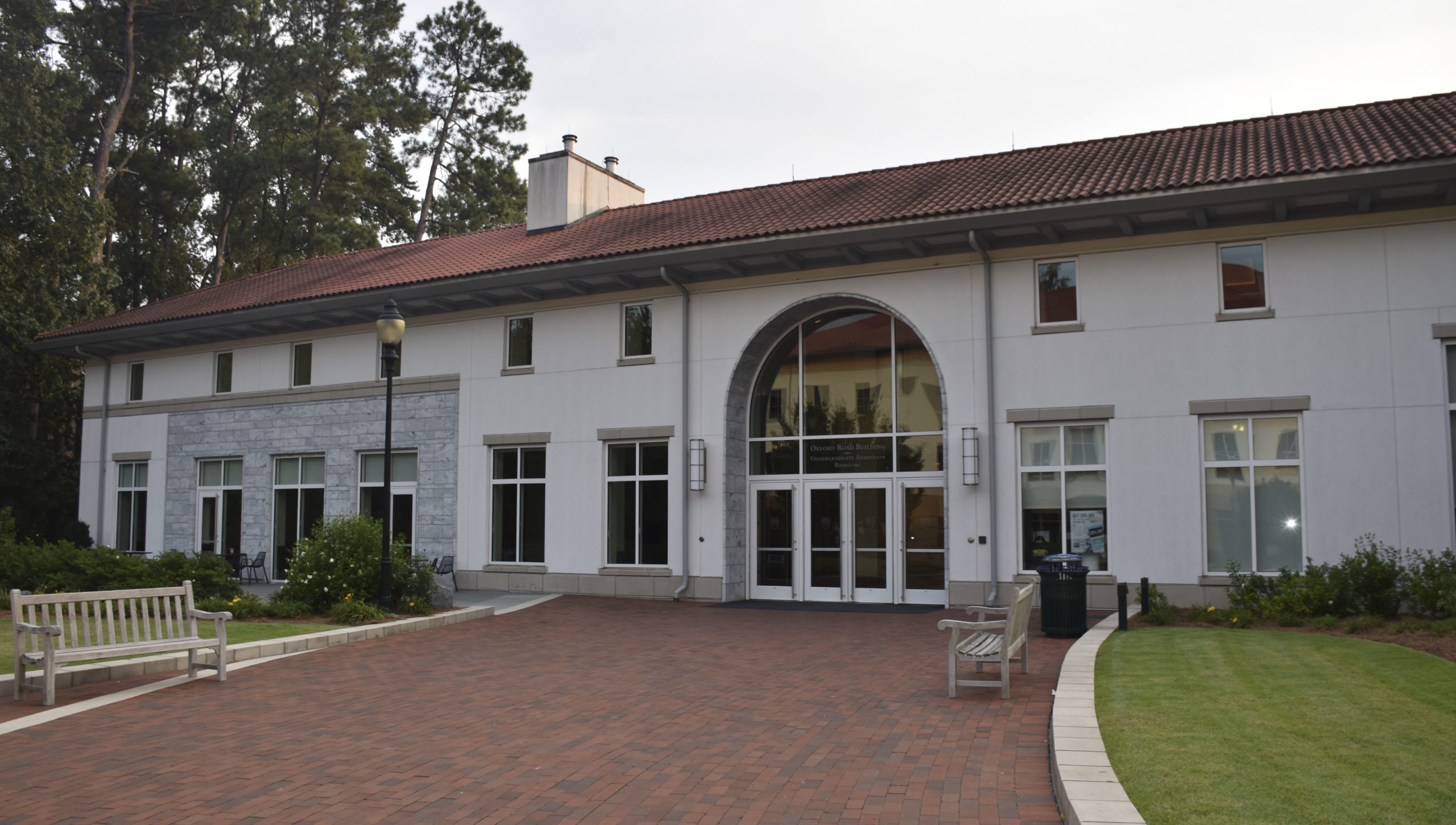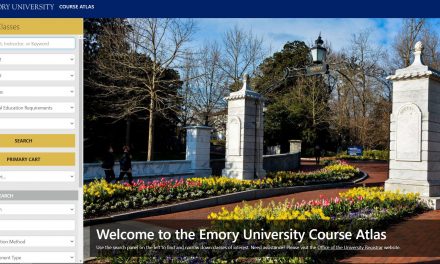University President Claire E. Sterk, Provost and Executive Vice President for Academic Affairs Dwight A. McBride and former Provost Earl Lewis discussed the importance of interdisciplinary humanities in higher education at the Interdisciplinary Humanities Conference on March 26.
Despite pressure for students to pursue pre-professional tracks, the speakers emphasized that interdisciplinary humanities provide valuable skills such as empathy. The discussion, which attracted about 60 audience members, was part of the Humanistic Inquiry Program which focuses on “[advancing] the interdisciplinary humanities across the University,” according to the conference website.
McBride, who majored in English and African American studies at Princeton University (N.J.), talked about a moment when a literature professor from his sophomore year in college presented a poem to his class, igniting his lifelong passion for the humanities.
“For me, there was always this fascination with what you could learn from people who were thinking in very diligent ways about topics … from different methodological places,” McBride said. “It was just the richness. That was extraordinarily attractive.”
When Sterk asked Lewis what he would tell parents who are wary about their children being humanities majors, he recalled a conversation he had with an Emory alumnus who told Lewis that one of the most important classes he took at Emory was a history class.
“The work I do is about relationships, and relationships are defined by the knowledge I carry with me,” the alumnus told Lewis.
Lewis emphasized that using one’s subject of expertise to engage in conversations and shared knowledge with others is important in any professional environment.
“What I remind people is what we’re trying to do is educate well and for a lifetime,” Lewis concluded.
Sterk, Lewis and McBride agreed on the necessity of incorporating interdisciplinary humanities in higher education to engage in thoughtful and sometimes difficult conversations, particularly in today’s divisive political climate.
“The ability to respectfully disagree with each other, to hold each other responsible and accountable for how we see the world is really important for an academic community,” McBride said. “I believe we can get through [today’s political climate], but we won’t be able to if we don’t curate the difficult conversations to hold people accountable and make facts matter.”
The three speakers also discussed the influence of digital technology when an audience member asked about the survival of humanities teaching in a world of artificial intelligence (AI).
Sterk said that although she believes AI could help humans in various ways, she does not believe the technology will ever replace human beings.
“A.I. will never show the empathy that people have. We shouldn’t be intimidated,” Sterk said. “There’s something about human beings — and humanities — that technology will never replace.”
Sarah Blanton, assistant professor of rehab in the Department of Rehabilitation Medicine at Emory’s School of Medicine and editor-in-chief of the “Journal of Humanities in Rehabilitation,” said she was excited by the discussion’s exploration of interdisciplinary humanities, as it would allow her and fellow faculty members to incorporate humanities into their physical therapy work.
“I know with the [Journal of Humanities in Rehabilitation], we have an opportunity to change and enhance the physical therapy profession in a way that’s never been done before,” Blaton said. “And so, to be around these thought leaders is inspiring … so I can begin to be a leader of humanities in my profession.”
Claudia Ordonez, an adjunct faculty instructor in the Hubert Department of Global Health in the Rollins School of Public Health, said the conversation was meaningful in reiterating Emory’s dedication to the interdisciplinary humanities.
“I’m an anthropologist and social scientist and to me, this intersection [of the humanities with other disciplines] is essential to approach, in a much more productive way, many issues in society,” she told the Wheel. “To me, this [discussion] confirmed that there is support and interest at Emory. It’s thrilling to realize that.”





